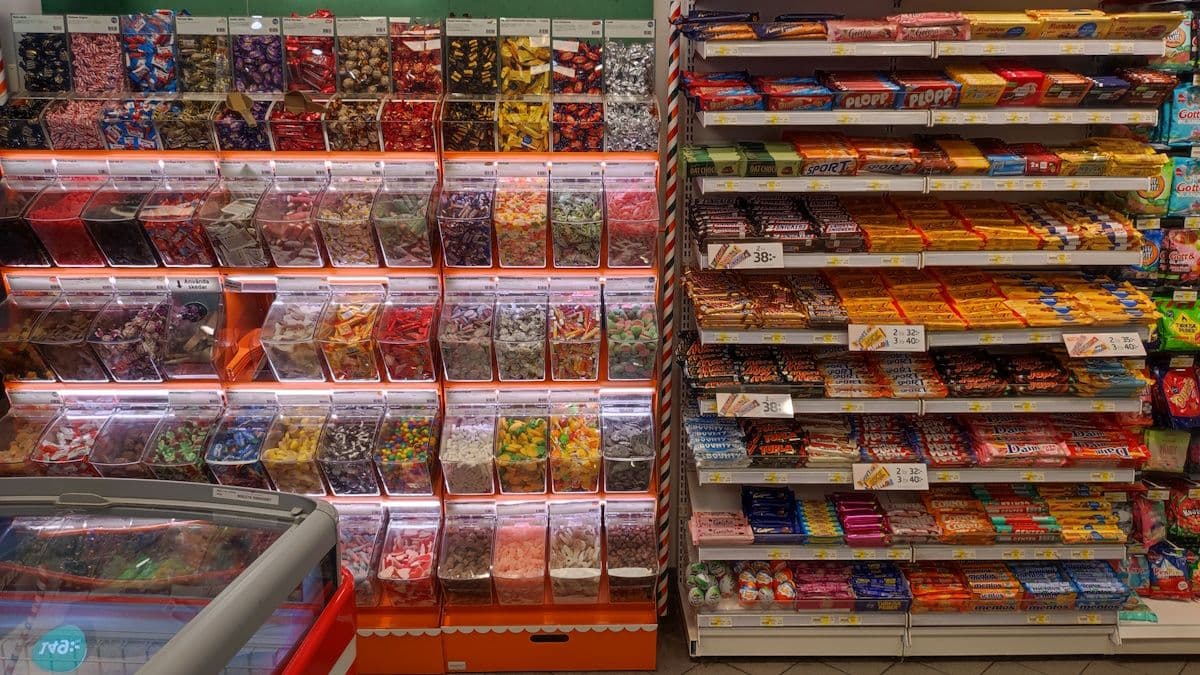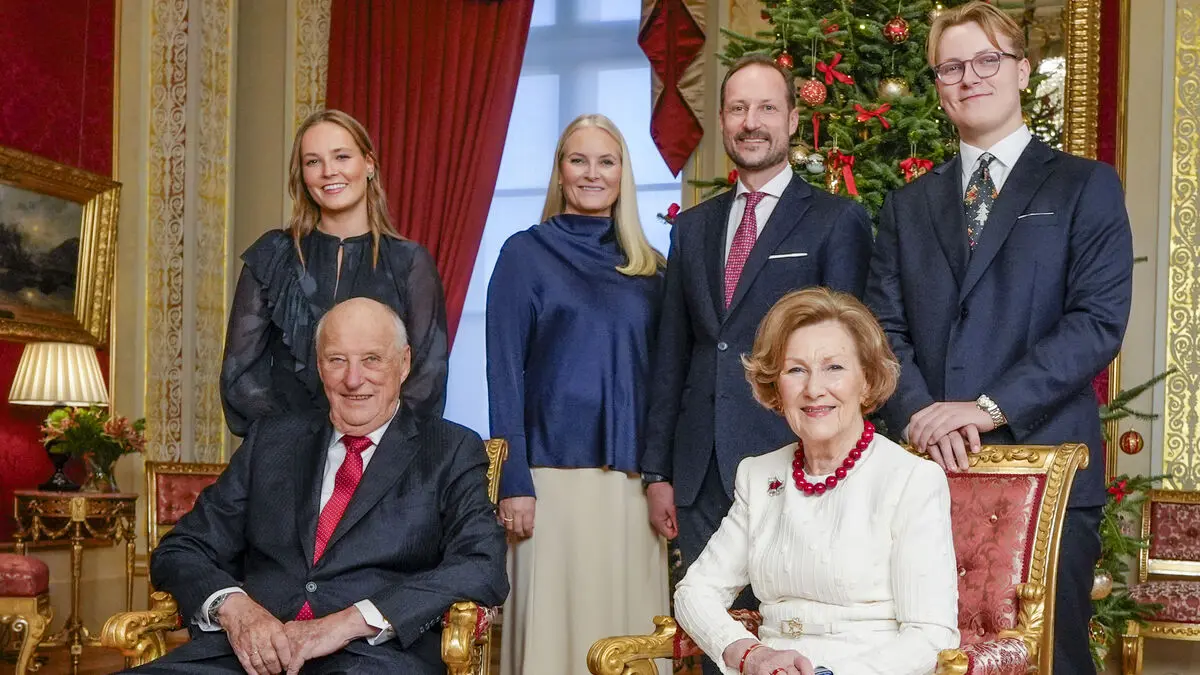It's a common sight in grocery stores to see children and adults fill their paper bags with candy, especially on Saturdays, which is a special candy day, hence the name "Lördagsgodis".
Study on candy habits
A recent study by the Cancer Foundation "Cancerfonden" shows that 40% of Sweden's population can't resist buying candy and snacks in stores. Those who admit they can't resist candy also say that their surroundings and social media influence them to consume it. Most people think it's up to individuals and the food industry to regulate candy consumption. [1]
Eating habits are the second most important factor affecting health and early death, according to researchers. People eat too little vegetables and fiber and opt for saturated fat and sugar instead.
Sweden a big candy eating nation
Loose candy "lösgodis", introduced in Sweden in the 1980s, is quite rare in other countries and candy consumption has increased from 10 kg to 15 kg per person per year since it was introduced. Sweden is one of the biggest candy-eating nations in the world.[2]
Swedish candy goes global
There are many Swedish candy producers and it's not just in Sweden that Swedish candy is popular. Recently, Swedish candy manufacturer Bubs (owned by Orkla) announced that their candy is trending so much on TikTok this year that they're making new investments to increase production capacity.[3]
Next time you are in the store, watch out so you don't get into the "Lördagsgodis" trap!






